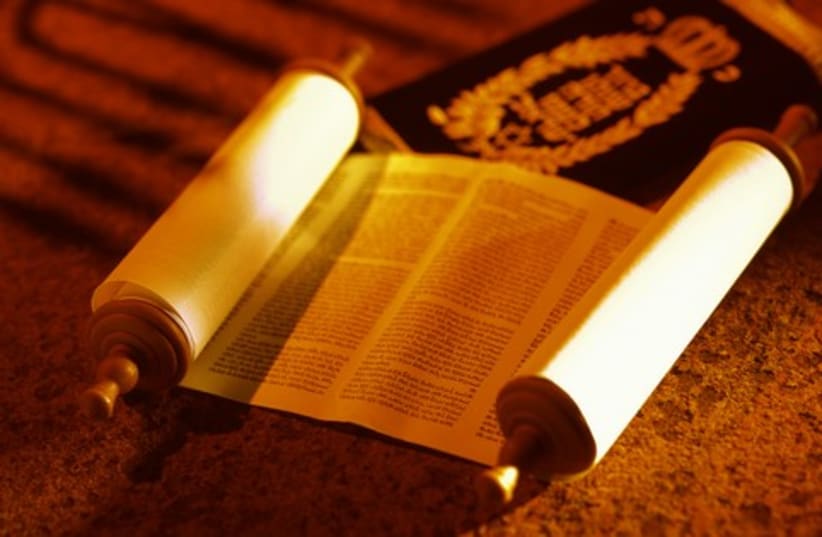The writer is the director of public affairs at Bar-Ilan University’s Begin- Sadat Center for Strategic Studies.
Biblical rhapsody and regret
Israeli journalists are embarrassed by the Bible’s popularity. They’re petrified that so many people feel that the Bible is relevant.

The writer is the director of public affairs at Bar-Ilan University’s Begin- Sadat Center for Strategic Studies.